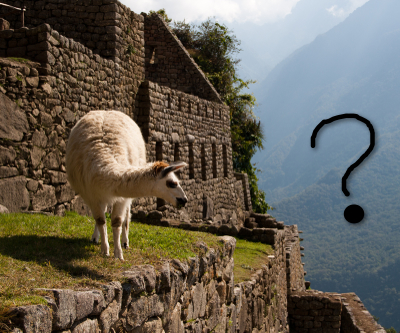Mining investment worth $50 billion in the balance as Peruvian lawmakers quit

Three lawmakers from President Ollanta Humala’s ruling Gana Peru party resigned on Monday over the government’s handling of protests against Swiss based-Xstrata in southeastern Peru last week.
Rosa Mavila and Javier Diez-Canseco, key figures in left-wing politics, resigned, leaving a letter addressed to Humala, which said the government had taken a “confrontational” stance against mining protesters, and rejected dialogue.
“Those who were defeated in the elections have become co-governors,” the legislators said, referring to Humala’s change in policy since taking office.
Minister of Economy, Luis Castilla, told local news outlet Peru 21 that social and environmental protests against mining in the country are threatening billions of dollars in planned mining exploration and project development in the Latin America’s biggest gold producer.
Currently the country is under a state of emergency, issued by the government last week, after two people were killed and dozens of police officers injured the violent anti-mining protests against Xstrata’s Tintaya mine late May.
This is the second time the Peruvian government issues a state of emergency in the last six month. The last time was in December, in an effort to quell protests against Newmont Mining’s Conga gold project that caused the company to halt its operations.
Other Canadian miners with operations in Peru include Barrick Gold Corp., Pan American Silver Corp., Hudbay Minerals Inc., First Quantum Minerals Ltd., Rio Alto Mining Ltd. and Candente Copper Corp.
Peru is the world’s second biggest producer of copper and silver and a major producer of gold, zinc, lead and other minerals. The country’s extractive sector, which accounts for some 60% of the economy, is expected to bring Peru $50 billion in future investment over the next decade.
More News
{{ commodity.name }}
{{ post.title }}
{{ post.date }}




3 Comments
George
Royalties from mining in Peru are paid into a government fund. This fund is suppose to be divided between local and municipal governments and state and federal governmnets to fund community and state projects to improve facilities in the mining communities. The federal government is sitting on over a billion dollars from these royalties and is responsible for not flowing the money to the community projects they are meant for. The people protest because they are not seeing the benefits of the mining royalties.
Slat
gotta let the mining exploration, scoping studies and buildings to be built first before you can make money and expect royalties.
Serminesincusa/Sergio Pastor
No time to quit?
In underdeveloped countries, it is much riskier so the cost to access “hot areas” must be
considered where there is little or no infrastructure. During the earliest thinking processes, it is advised to determine whether or not the government and in particular, indigenous peoples, are anti-mining or supportive of foreign investment. Regarding recent events in Ecuador, Bolivia, Peru, I must say exploration funds are hard to come by right now, so the deal must be solid with as much possible sense that the local people will cooperate.
These locals are often led (read manipulated) by professional leftist activists (some even imported by the UN) and incited by pre-election posturing by their politicians such as Ollanta Humala of Peru, Evo Morales of Bolivia, Rafael Correa of Ecuador and Hugo Chavez of Venezuela. The mining companies that are dealing with local and regional governments might therefore find a group of frustrated and deceptive Central Government bureaucrats whose rhetoric during elections is completely different later when it comes to what is good for the country.